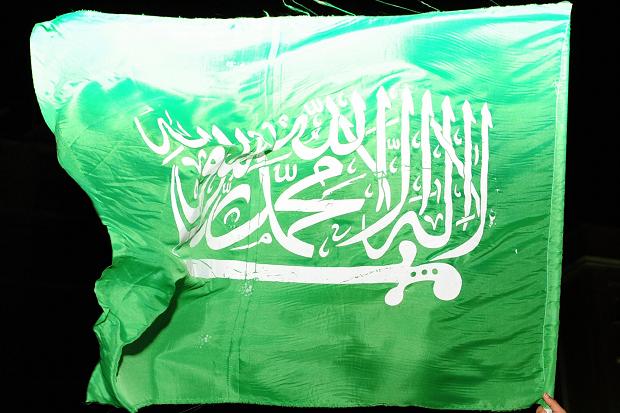CAIRO: Disputes over a new law prohibiting protests or demonstrations in places of worship continue, with the law currently under discussion in the Legislative Committee before being voted on at the People’s Assembly (PA).
According to Hafez Abu Seada, secretary general of the Egyptian Organization for Human Rights (EOHR), the law violates the constitutional right granted to Egyptian citizens that allows for peaceful demonstrations without any form of weapons.
The EOHR has sent a document to the head of the PA protesting the law, and will continue to oppose it, along with other laws that it claims violate freedom of expression.
“The law is a way to impede people’s freedom of speech, Abu Seada told Daily News Egypt. “Demonstrations do not violate the sacredness of places of worship; therefore, there is no justification for suspending people’s rights to have peaceful gatherings so long as they are behaving properly.
The law states that organizing any type of protest in or around places of worship, such as mosques and churches, is prohibited and punishable by a jail sentence not exceeding one year, along with a fine of not less than LE 1,000 but not more than LE 5,000. As for those who are participating in the demonstration, they could be sentenced to six months in jail and a fine of up to LE 2,000.
The real intention of the law has been brought into question, with some speculating that its target are demonstrations held at Al-Azhar University.
According to MP Hamdi Hassan, also a member of the Muslim Brotherhood, the law was initially intended to prohibit demonstrations in mosques alone, but it was later reworded to include all places of worship in order to avoid the law being appealed.
However, Mohamed Khalil Kwaitah, member of the National Democratic Party (NDP), denied that the law was ever aimed at Al-Azhar, claiming that it was always intended to apply to all places of worship including churches.
He added that demonstrations should be prohibited in places of worship in order to preserve their sacredness, since they were created for the sole purpose of worship.
“People should be able to express themselves using the standard methods of expression, such as the media – but demonstrations do not belong in places of worship, said Kwaitah.
However, Abu Saeda said that not everyone has access to media outlets, and, therefore, demonstrations count as a vital means of free expression.
Abu Saeda asserts that the law will be passed in the People’s Assembly despite being unconstitutional, since the NDP votes for any law issued by the government in a “mechanical way.
Hassan agreed, drawing on previous cases where laws were passed because the ruling NDP enjoys an overwhelming majority.

